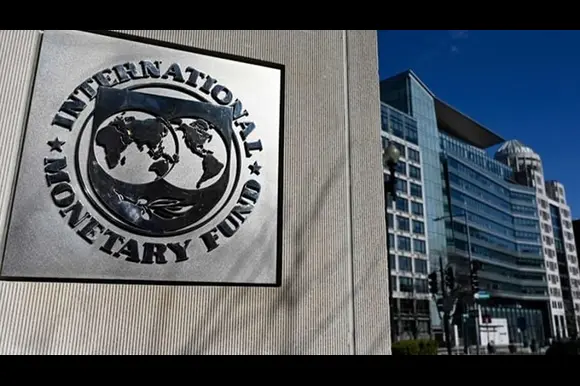Pakistan and the International Monetary Fund (IMF) have reached new agreements regarding the economic liberalization strategy, deciding to lower the weighted average applied tariffs to approximately 6 percent. This represents a significant 43 percent decrease over five years in the level of protection afforded to domestic industries, as reported by media sources.
The IMF has consistently expressed concerns about the protective measures for local industries, yet Pakistani officials have been hesitant to relax these restrictions. Currently, Pakistan holds the third-highest trade-weighted average tariffs in South Asia at 10.6 percent. Once the full liberalization plan is enacted, the country is expected to have the lowest weighted average tariffs in the region.
A weighted average applied tariff is calculated as the average of the effectively applied tariff rates, adjusted according to the value of the imported goods to which they apply. The final adjustments were confirmed during a virtual meeting on Thursday, as reported by The Express Tribune, citing government sources.
It has been agreed that the weighted average applied tariffs will decrease from the existing 10.6 percent to around 6 percent over the next five years, beginning in July of this year. This 43 percent reduction will fully expose the economy to international competition. However, this reduction will be implemented through two distinct policies. Under the new National Tariff Policy, the weighted average tariffs are projected to decline to 7.4 percent by 2030.
To reduce tariffs to approximately 6 percent, the government plans to decrease the tariff protections afforded to the automobile sector under the Auto Industry Development and Export Policy (AIDEP) for the period 2026-30, starting in July of next year, as reported by sources. The National Tariff Policy is managed by the Ministry of Commerce, while the Ministry of Industries oversees the AIDEP.
This move aligns with Pakistan’s commitment to the IMF regarding trade liberalization, occurring at a time when many countries are tightening their borders against foreign enterprises. Pakistan has pledged to obtain the federal cabinet’s approval for the new tariff policy before the end of June. The tariff reductions are set to be enacted in the budget for the fiscal year 2025-26, which will be presented to Parliament in June.






